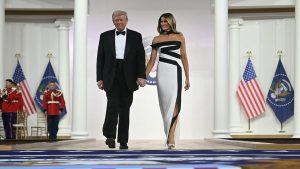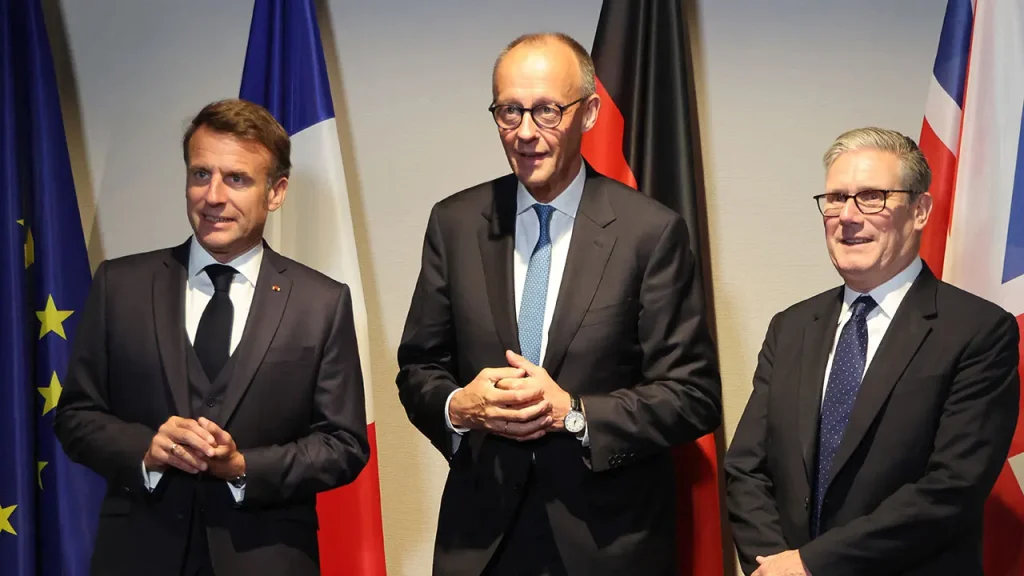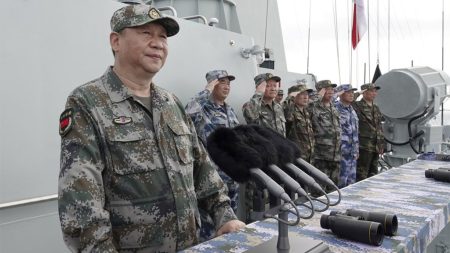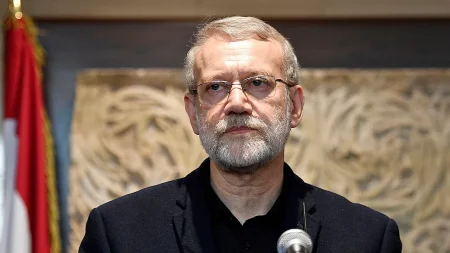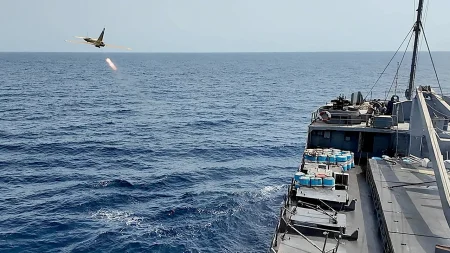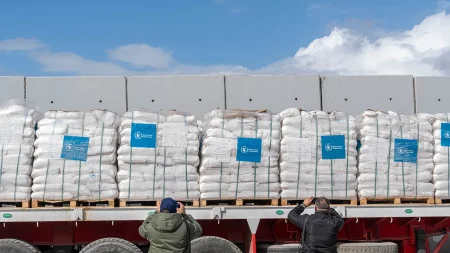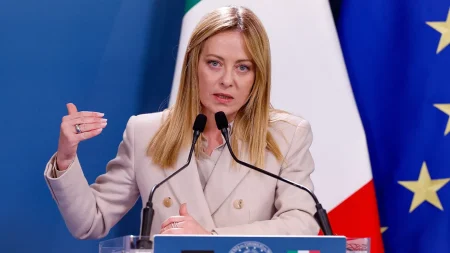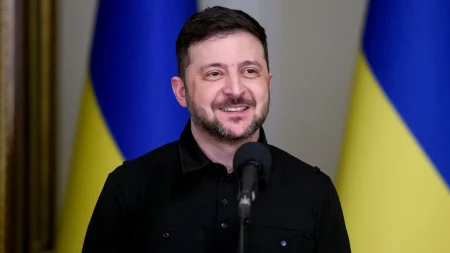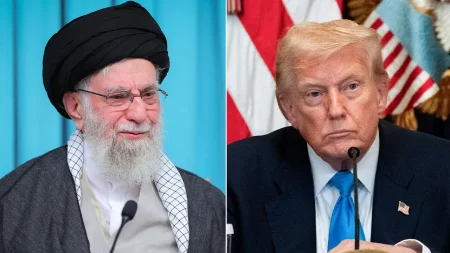European Powers Trigger Iran Sanctions Amid Nuclear Concerns
In a decisive move that could reshape Middle Eastern geopolitics, the United Kingdom, France, and Germany (known as the E3) have formally initiated the process to reimpose comprehensive sanctions against Iran. The action, taken in response to Tehran’s ongoing violations of the 2015 nuclear agreement, represents a significant diplomatic escalation after months of warnings and attempts at negotiation. The European powers submitted their notification to the United Nations Security Council president, officially triggering the “snapback” mechanism contained within the Joint Comprehensive Plan of Action (JCPOA). This mechanism, designed as a safeguard against Iranian non-compliance, could restore all previous international sanctions against Iran within 30 days unless the Security Council unanimously votes otherwise – a scenario rendered unlikely by the support from Western powers.
The European decision comes after what U.K. officials described as “very intense diplomacy” over the past year that ultimately failed to bring Iran back into compliance with the nuclear deal. Three major factors drove this decision: Iran’s alarming uranium stockpile levels, its operation of advanced centrifuges, and its refusal to adhere to international inspection regulations. Most concerning to international observers is the finding that Iran now possesses approximately 20,000 pounds of enriched uranium, including 900 pounds of near-weapons grade highly enriched uranium – a quantity 45 times higher than permitted under the JCPOA and potentially sufficient to produce around ten nuclear warheads. “Iran is the only non-nuclear weapons state producing highly enriched uranium,” one official noted, highlighting the exceptional nature of Tehran’s actions in the global context of nuclear proliferation.
Despite the severity of the measures being taken, diplomats stress that the door to negotiation remains open. Rafael Grossi, Director General of the International Atomic Energy Agency (IAEA), indicated that “there is still time” for Iran to prevent sanctions from taking effect, though he acknowledged that Iran has not yet taken meaningful steps toward compliance. The requirements for avoiding sanctions are clear: Iran must grant the IAEA full access to all nuclear sites, engage in direct negotiations with Washington, and account for its stockpile of highly enriched uranium. Secretary of State Marco Rubio emphasized that the snapback mechanism “does not contradict our earnest readiness for diplomacy, it only enhances it,” suggesting that economic pressure is intended to bring Iran back to the negotiating table rather than close off diplomatic channels entirely.
Iran’s response to the European action was swift and defiant, with Foreign Minister Seyyed Abbas Araghchi denouncing the move as “unjustified and illegal.” The question of how Tehran might retaliate looms large, particularly given its strengthened ties with Russia and China in recent years. Both Moscow and Beijing have rejected calls for snapback sanctions and have historically provided diplomatic cover for Iran. However, the unique structure of the snapback mechanism means that even these powerful Security Council members cannot unilaterally block the sanctions from going into effect. Unlike standard Council procedure, which would require all five permanent members to approve any action, the JCPOA snapback provision requires every permanent member to veto the push to reimpose sanctions – effectively removing Russia and China’s ability to shield Iran through their usual veto power.
Questions persist about Iran’s current nuclear capabilities and intentions, particularly regarding the location of its highly enriched uranium stockpile. Concerns mounted after the United States conducted direct strikes against Iran’s nuclear program in June, with some reports suggesting that uranium may have been moved from known facilities based on satellite imagery showing convoys leaving nuclear sites. Grossi, however, stated that the IAEA has no evidence that uranium has been moved to secret locations, though he acknowledged that inspectors have not been granted access to verify this directly. In a potentially positive development, IAEA inspectors visited the Bushehr nuclear power plant on Wednesday after regaining access in Iran, potentially signaling some willingness from Tehran to increase transparency.
The coming 30 days represent a critical period for Middle Eastern security and global diplomacy. If sanctions are reimposed, they would have severe consequences for Iran’s already struggling economy, potentially creating domestic pressure on the regime but also risking further regional destabilization. Grossi, despite noting that Iran has not yet begun taking steps to meet European demands, maintains cautious optimism: “I am a diplomat, I am always working toward peace.” The challenge remains finding a path that addresses legitimate security concerns about nuclear proliferation while offering Iran sufficient incentives to meaningfully change course. The snapback mechanism represents a high-stakes gambit by European powers that Iran’s leadership will ultimately prioritize economic relief over nuclear advancement – a calculation whose accuracy will soon be tested as the 30-day clock begins ticking.
